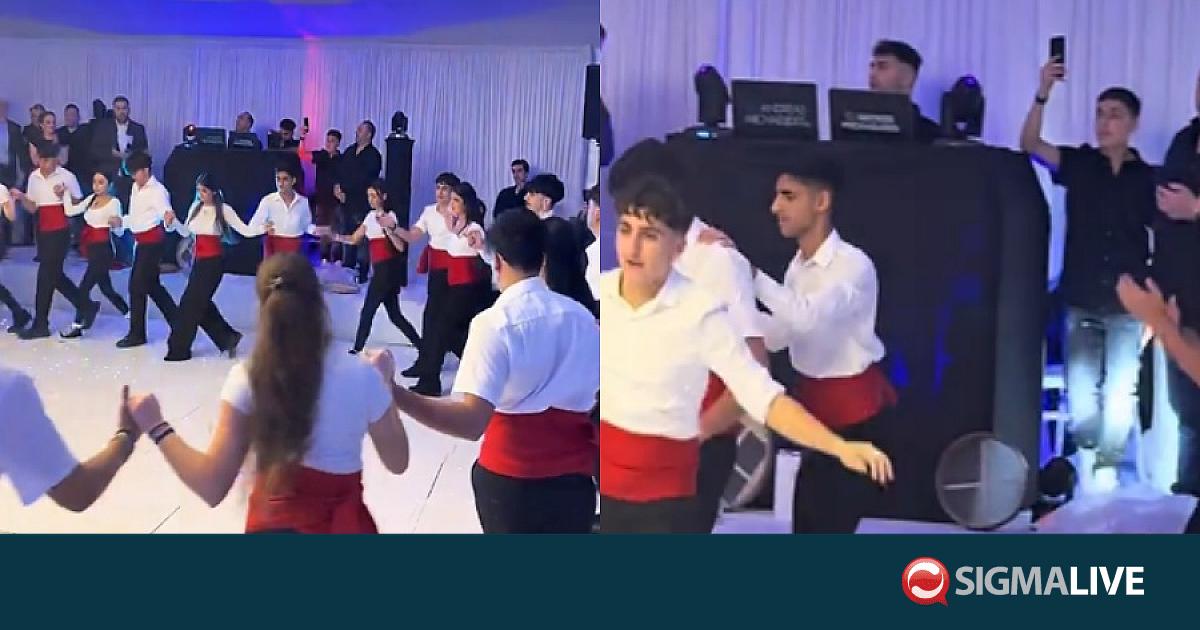Will Ice Hockey Players Be Required to Wear Neck Guards at the 2026 Olympics?

Published: 2025-11-19 10:00:26 | Category: sport
The tragic death of Nottingham Panthers forward Adam Johnson, who was struck in the neck by an opponent's skate during a match, has led to significant changes in ice hockey safety regulations. The International Ice Hockey Federation (IIHF) has confirmed that neck guards will become mandatory for players at the 2026 Winter Olympics, marking a pivotal shift in safety measures within the sport.
Last updated: 17 October 2023 (BST)
What’s happening now
The IIHF's decision to mandate neck guards at the 2026 Winter Olympics is a direct response to the fatal incident involving Adam Johnson. This new rule signifies a growing awareness and concern for player safety in ice hockey, particularly in elite competitions. Johnson's tragic accident has sparked debates about protective gear in professional leagues, with the potential for wider adoption of similar safety measures across all levels of play.
Key takeaways
- Neck guards will be mandatory for all players at the 2026 Winter Olympics.
- The IIHF introduced this rule following the death of Adam Johnson in October 2023.
- Neck guards have previously been optional at the Olympic level and are currently not mandatory in the British Elite League or NHL.
Timeline: how we got here
Here is a brief timeline of the key events leading up to the IIHF's announcement:
- 01 October 2023: Adam Johnson tragically dies after being struck in the neck by a skate during an Elite League match.
- December 2023: The IIHF announces that neck guards will become mandatory in all their competitions, with further details to follow.
- October 2023: IIHF confirms neck guards will be compulsory at the 2026 Winter Olympics.
What’s new vs what’s known
New today/this week
The IIHF has officially confirmed that neck guards will be mandatory for players at the 2026 Winter Olympics, following the tragic death of Adam Johnson. This is a clear response to the incident and a proactive step towards improving player safety in the sport.
What was already established
Prior to this announcement, neck guards were optional in Olympic ice hockey and not required in many professional leagues, including the British Elite League and the NHL. However, neck guards have been mandatory at youth international levels, highlighting a disparity in safety requirements across different tiers of competition.
Impact for the UK
Consumers and households
The new regulations may influence parents and guardians of aspiring young ice hockey players in the UK, as the emphasis on safety gear becomes more pronounced. Additionally, the tragic incident could lead to increased scrutiny of player safety standards across the sport.
Businesses and jobs
For businesses involved in ice hockey equipment manufacturing, the new rules could create opportunities for increased sales of neck guards and related safety gear. However, the British Elite League's decision not to make neck guards mandatory may raise questions about player safety in local competitions, potentially affecting attendance and participation rates.
Policy and regulation
The IIHF's decision adds pressure on national leagues, including the British Elite League and the NHL, to consider similar mandates. With the NHL announcing that neck guards will be required for new players starting in the 2026-27 season, this could prompt a reevaluation of safety regulations within the UK as well.
Numbers that matter
- 1: The number of fatalities in UK ice hockey leading to a significant policy change.
- 2026: The year neck guards will become mandatory at the Winter Olympics in Milan.
- 5–22 February 2026: Dates for the Olympic ice hockey competition.
Definitions and jargon buster
- IIHF: International Ice Hockey Federation, the governing body for international ice hockey competitions.
- Neck guards: Protective gear designed to shield the neck from injury during ice hockey games.
- Elite League: The top-level ice hockey league in the UK.
- NHL: National Hockey League, the premier professional ice hockey league in North America.
How to think about the next steps
Near term (0–4 weeks)
Expect discussions within the British Elite League about the introduction of mandatory neck guards. Stakeholders may push for increased safety measures in light of recent events.
Medium term (1–6 months)
Monitor the response from players and teams regarding the IIHF's decision, particularly in relation to the NHL's plans to mandate neck guards for new entrants starting in 2026-27.
Signals to watch
- Reactions from players, coaches, and fans about safety measures in local leagues.
- Any announcements from the British Elite League regarding changes in safety gear regulations.
- Sales trends for neck guards and other protective equipment.
Practical guidance
Do
- Encourage young players to wear protective gear, including neck guards, regardless of league requirements.
- Stay informed about safety regulations and changes within the sport.
Don’t
- Ignore the importance of safety equipment in ice hockey.
- Assume that local leagues will follow the IIHF's lead without advocacy from players and parents.
Checklist
- Ensure all players have access to neck guards and other safety gear.
- Communicate with players about the importance of safety measures.
- Advocate for safety standards in your local league.
- Stay updated on IIHF regulations and mandates.
Risks, caveats, and uncertainties
While the IIHF's decision marks a significant step towards enhancing player safety, there are concerns regarding implementation in leagues that have not yet mandated neck guards. The British Elite League's lack of immediate action raises questions about the prioritisation of player safety. Furthermore, the NHL's gradual rollout of neck guards may leave current players without adequate protection until new players arrive, creating a disparity in safety standards within the league.
Bottom line
The death of Adam Johnson has catalysed a critical shift in ice hockey safety regulations, with mandatory neck guards set for the 2026 Winter Olympics. This change highlights the ongoing need for enhanced safety measures across all levels of play, particularly in the UK. As the sport evolves, it remains essential to prioritise player wellbeing in every arena.
FAQs
Why are neck guards becoming mandatory in ice hockey?
Neck guards are becoming mandatory due to safety concerns highlighted by the tragic death of Adam Johnson, aiming to protect players from serious injuries.
When will neck guards be required at the Winter Olympics?
Neck guards will be required for all players participating in the 2026 Winter Olympics, marking a significant change in safety regulations.
Are neck guards mandatory in the British Elite League?
No, neck guards are not currently mandatory in the British Elite League, despite discussions surrounding player safety following recent incidents.



